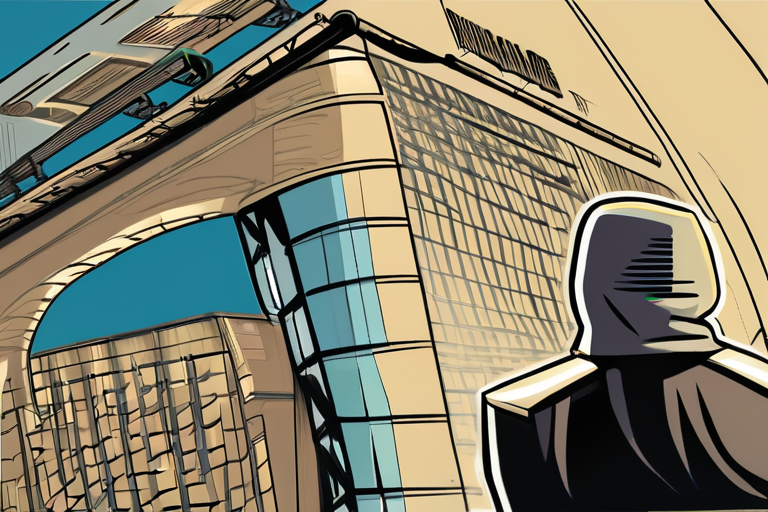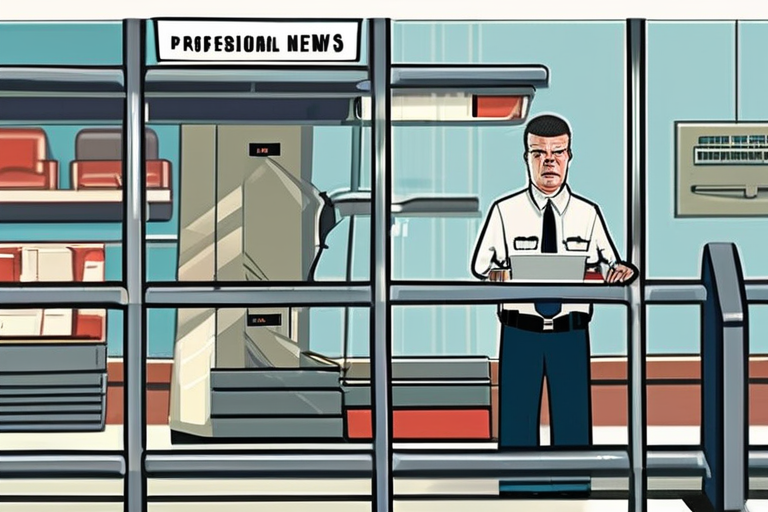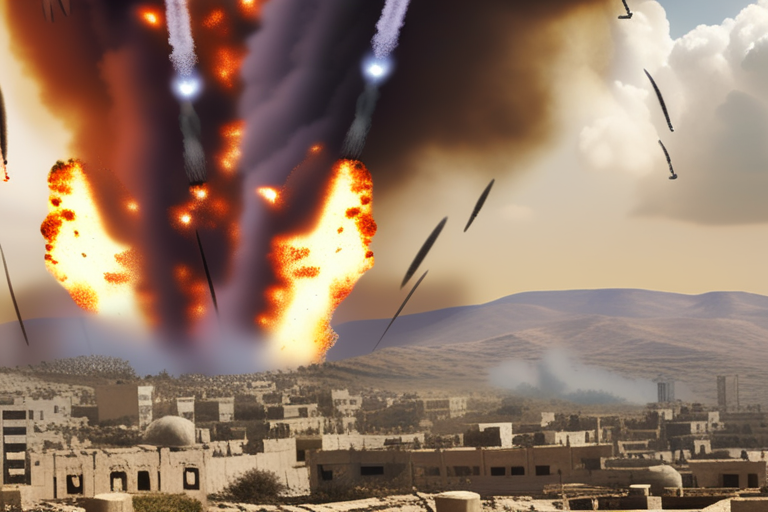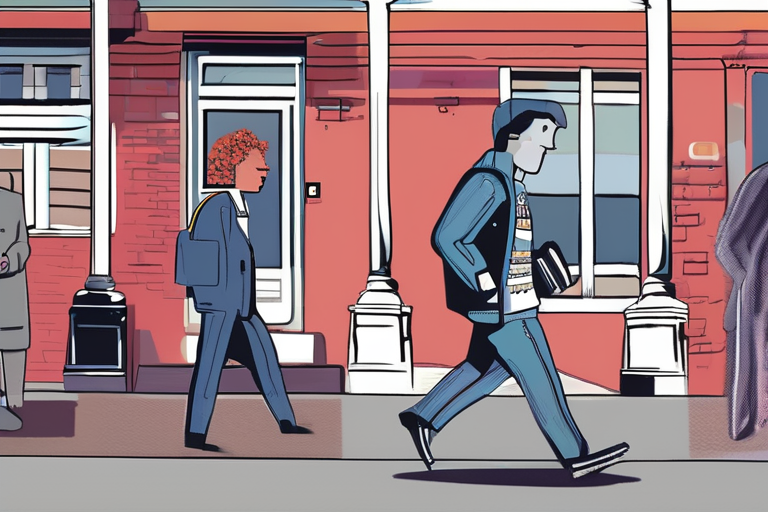

Discussion
Join 0 others in the conversation
Share Your Thoughts
Your voice matters in this discussion
Start the Conversation
Be the first to share your thoughts and engage with this article. Your perspective matters!
More Stories
Discover articles from our community
Life Scientists Sound Alarm: Educate Now to Fortify Biosecurity
 Hoppi
Hoppi

"Drone Intruder Exposed: 'Professional Actor' Behind Airport Incursions"
 Hoppi
Hoppi

DEVELOPING: Israel Accused of Conducting Air Strikes on Syria Amid Rising Tensions
 Hoppi
Hoppi

The Pentagon's Name Holds a Surprising Secret: Uncovering the Origins of "Defense
 Hoppi
Hoppi

Is this the “sickest generation” in American history? Not even close.
 Hoppi
Hoppi

Porsche Unveils Upgraded 911 GT3 R and All New 911 Cup Car for 2026
 404news
404news
Life Scientists Sound Alarm: Educate Now to Fortify Biosecurity
Life Scientists Urge Education to Strengthen Biosecurity In a bid to mitigate the risks associated with emerging technologies, life scientists …

Hoppi

"Drone Intruder Exposed: 'Professional Actor' Behind Airport Incursions"
Denmark Uncovers "Professional Actor" Behind Mysterious Drone Incursions Over Airports A "professional actor" has been identified as the mastermind behind …

Hoppi

DEVELOPING: Israel Accused of Conducting Air Strikes on Syria Amid Rising Tensions
BREAKING NEWS: Israel Accused of Conducting Air Strikes on Syria Amid Rising Tensions Israel has carried out air strikes in …

Hoppi

The Pentagon's Name Holds a Surprising Secret: Uncovering the Origins of "Defense
The Name That Stirs Debate: Unpacking the History Behind the Department of Defense As I stood before the imposing façade …

Hoppi

Is this the “sickest generation” in American history? Not even close.
MAHA Commission's Claim: "Sickest Generation" in American History? Not Even Close A recent report by the presidential commission led by …

Hoppi

Porsche Unveils Upgraded 911 GT3 R and All New 911 Cup Car for 2026
Porsche has unveiled two exciting new developments for the 2026 racing season: an optimized version of its 911 GT3 R …

404news